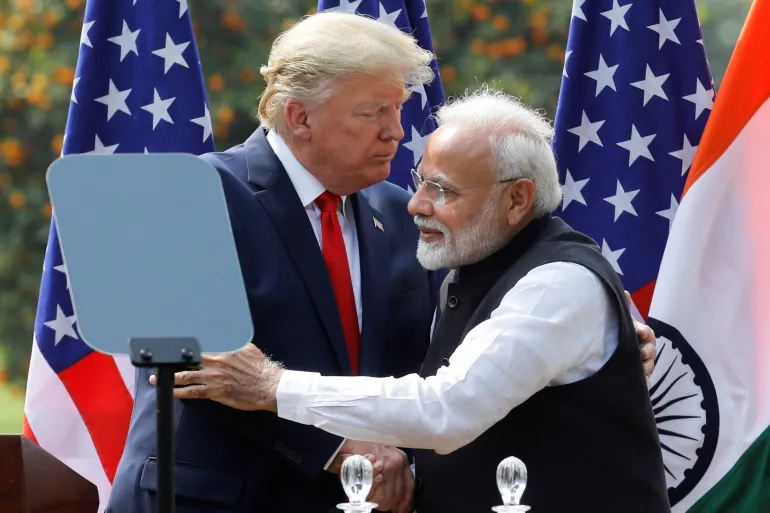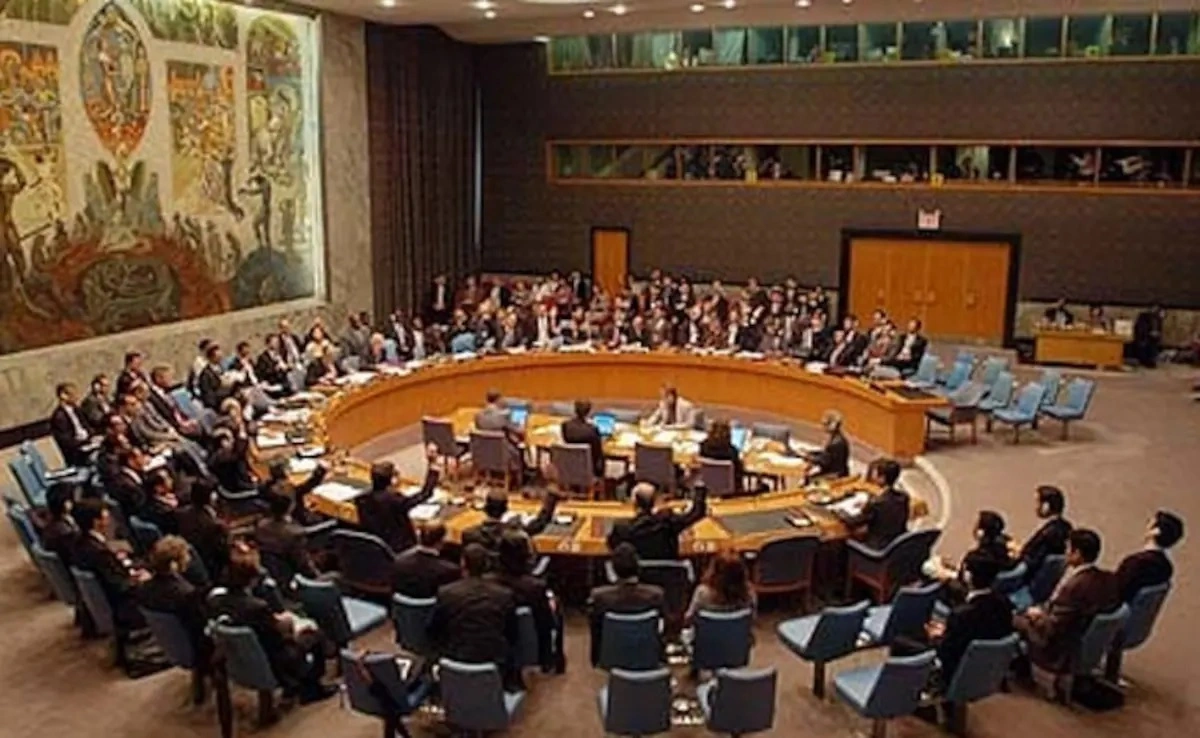ISLAMABAD: Pakistan is preparing to take legal action against India at the international level over its suspension of the Indus Waters Treaty (IWT), as tensions intensify between the two neighbours following an attack on tourists in Pahalgam last week.
Minister of State for Law and Justice Aqeel Malik told Reuters late on Monday that Islamabad was working on plans for at least three different legal options, including raising the issue at the World Bank — the treaty’s facilitator.
It was also considering taking action at the Permanent Court of Arbitration or at the International Court of Justice in The Hague for India’s violation of the Vienna Convention on the Law of Treaties, he said. Another option, he added, was the United Nations Security Council (UNSC).
“Legal strategy consultations are almost complete,” Malik said, adding the decision on which cases to pursue would be made “soon” and would likely include pursuing more than one avenue. “All the options are on the table,” he continued.
“We are pursuing all appropriate and competent forums to approach,” he said. “The treaty cannot be suspended unilaterally and cannot be held in abeyance, there is not (such a) provision within the treaty,” Malik added.
Also See: Pakistan Stands Firm to Protect Water Share under IWT
India last week suspended the World Bank-mediated Indus Waters Treaty of 1960 after the attack in Pahalgam, after blaming Pakistan for the attack. India has alleged that two of the three assailants it has identified were from Pakistan.
Islamabad has rejected India’s allegation of involvement in the attack in which 26 people were killed. The National Security Committee, which met after Indian measures, warned that “any attempt to stop or divert the flow of water belonging to Pakistan … will be considered as an act of war”.
The treaty is an agreement for the distribution and use of waters from the Indus River and its tributaries, which feed 80% of Pakistan’s irrigated agriculture and its hydropower. It has been operational until now despite the wars and other periodic bouts of hostility between the two nations.
Experts on both sides of the border say that India cannot stop water flows immediately, because the treaty has allowed it to only build hydropower plants without significant storage or dams on the three rivers allocated to Pakistan.
This news is sourced from The Express Tribune and is intended for informational purposes only.

![Pakistan plans legal action against India over IWT suspension following Pahalgam attack that killed 26 tourists. [Image via PTV]](https://southasiatimes.org/wp-content/uploads/2025/04/whatsapp-image-2025-04-30-at-2-08-44-am1745960941-0.webp)
![Prime Minister Narendra Modi with External Affairs Minister S. Jaishankar at an official event. [Photo Courtesy: Praveen Jain via The Print].](https://southasiatimes.org/wp-content/uploads/2026/02/20-scaled-e1755601883425-1024x576-1.webp)



